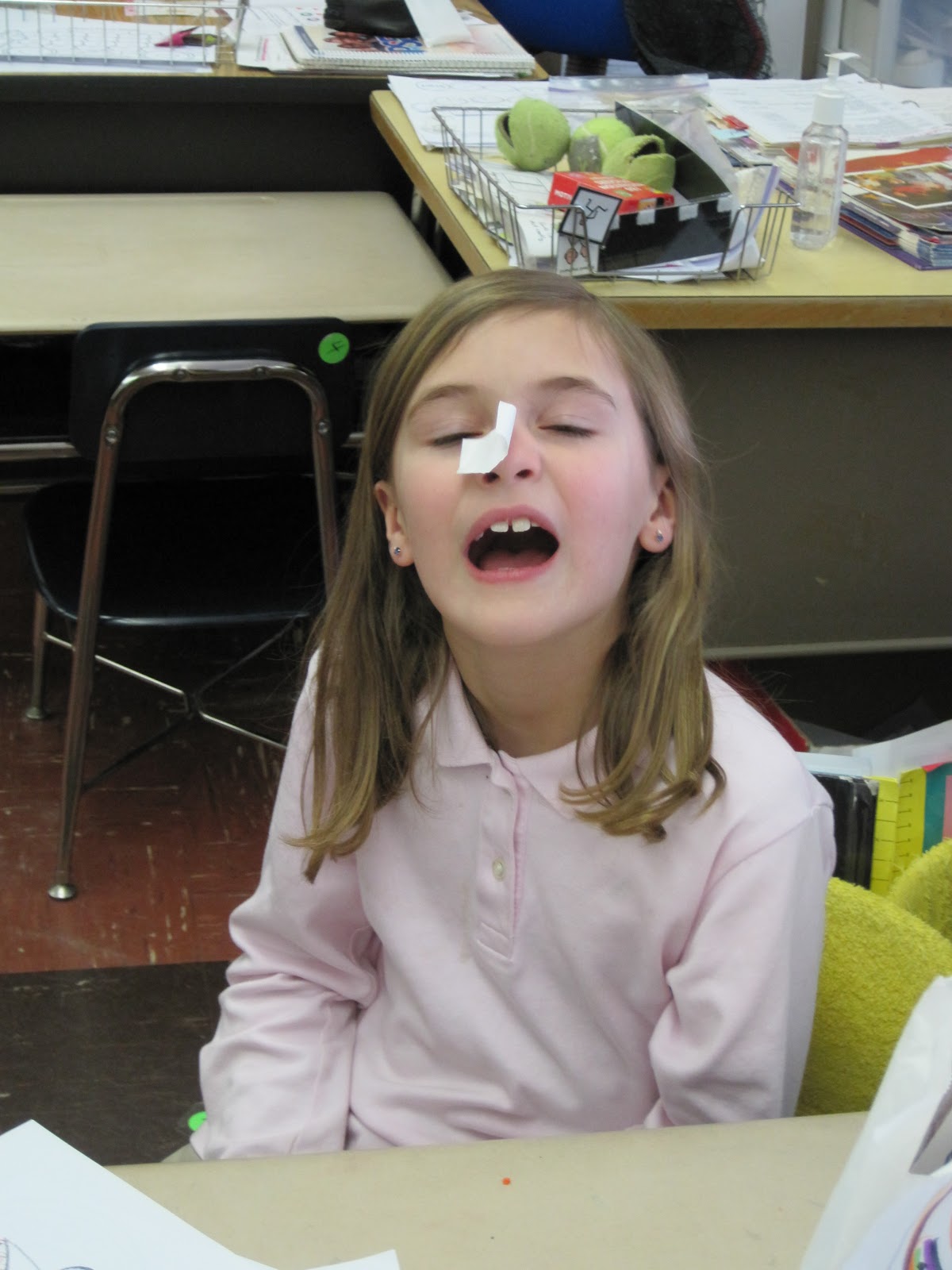Ghosts of Halloween Past
October 31, 2018
Most children love Halloween. What could be better than dressing up and getting candy? When we were young, my brothers and I made our own costumes — usually from cast-off clothing from our parents.On Halloween night, we dressed in our costumes and grabbed pillowcases to gather our loot. We planned to fill those cases to overflowing.
Everyone knew the best houses to hit — the ones that gave big Hershey bars, the ones that gave caramel apples, even the ones that gave quarters (which was a lot of money in those days). The mecca of our neighborhood was the house that gave out soft pretzels. These folks made their own and the supply was limited! Unfortunately, we never remembered just which house it was until it was too late. We had to settle for kettle corn.
Dragging our treat-laden pillowcases home, my brothers and I and removed our costumes, wiped off our make-up, and prepared for the climax of the night — trading our candy.
Each one of us used a sheet of newspaper to sort our haul. Piles of Hershey bars, Baby Ruths, pretzel sticks, Twizzlers and more grew before us.
As the oldest, with the most experience, I had the advantage in our trades. I regret to say that I was not the fairest of traders. I craved chocolate. Every year, I persuaded my brothers to part with their Hershey bars, M&Ms, and Three Musketeers.
My brothers followed the “instant gratification” philosophy so they dived right in. I was more of a “delayed gratification” girl, so every year I put my ill-gotten chocolates into a paper bag, taped it shut, put the bag in a shoe box, taped that shut, covered the bag with brown paper, taped that shut and wrote, “This is Lisa’s candy. Do not eat!” all over it in black crayon. Then I hid the box way back in the freezer. For good measure, I locked the freezer door and put the key on top — too high for my brothers to reach.
A week later, with my mouth watering for chocolate, I’d reach into the freezer for my box. It was still taped shut but a little sloppily. The box felt a bit light. With steam pouring from my ears, I opened the box to find half — if not all — of my candy gone. Shouting my revenge, I looked for my brothers who were always suspiciously absent. My mother consoled me as I mourned the loss of my treats.
This happened every year. My threats never fazed them and I never caught them red-handed or chocolate-covered. The same charade played out at Easter and Christmas. I never learned.
Many Halloweens later, fate dealt me a blow. I became allergic to chocolate—justice for my avaricious ways. No more Hershey bars, M&Ms, or Three Musketeers for me.
I miss the chocolate but I still have those brothers — a far better treat than any ever stuffed into a pillowcase. Delayed gratification of the best kind.





